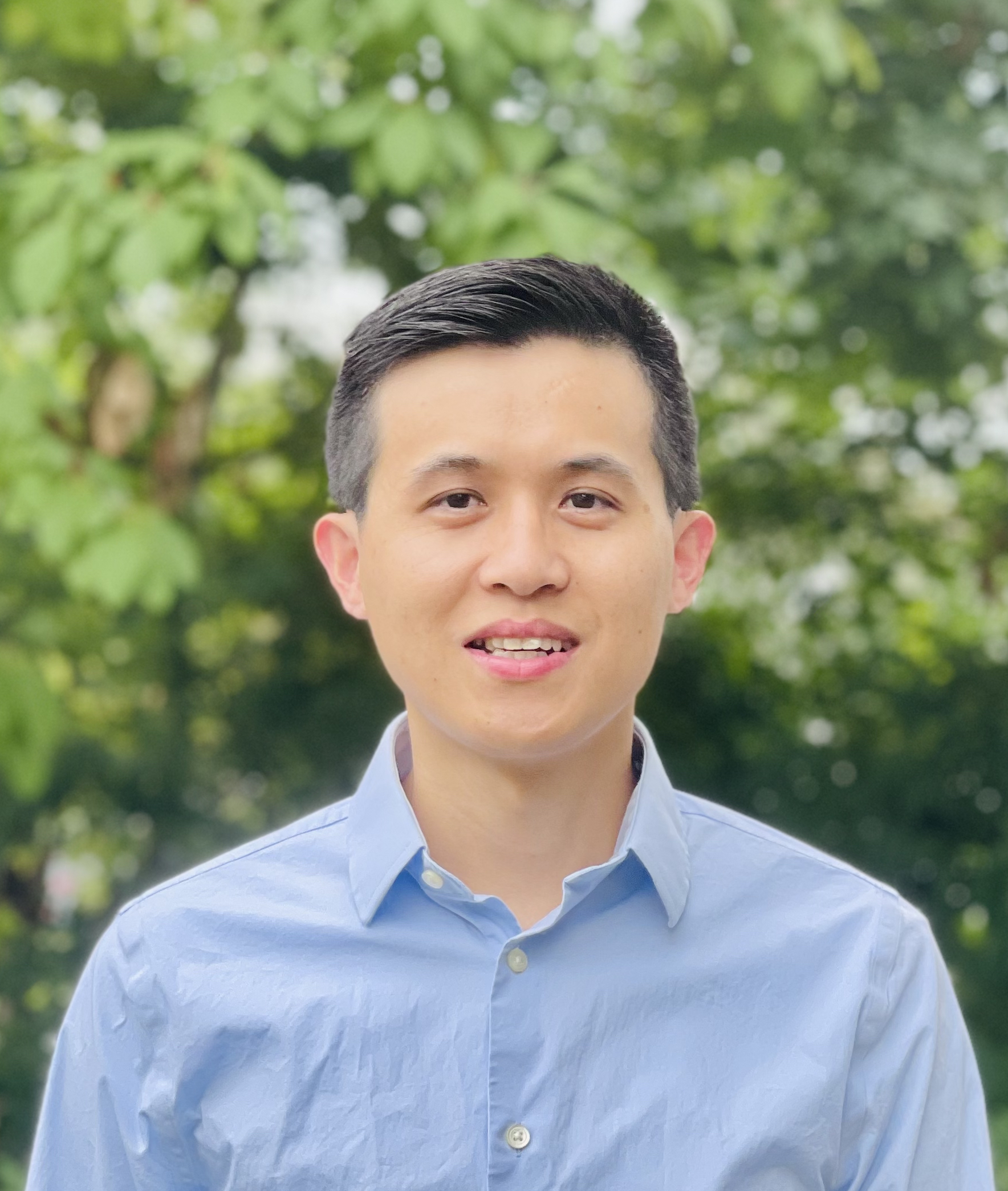Principal Investigator

Qingguang Zhang, Ph.D.
Assistant Professor
Office: 2198 Biomedical and Physical Sciences Building, 567 Wilson Rd, East Lansing, MI 48824
email: qzhang24@msu.edu
Qingguang is an assistant professor in the Department of Physiology at the Michigan State University, working on problems at the intersection of Life Sciences and Engineering. His research interests are mainly in mechanisms underlying brain hemodynamics regulation.
Qingguang’s prior training history spans the fields of biomedical engineering, cardiovascular physiology and systems neuroscience, which establishes a diverse and complementary skillset. His research career began at Shandong University where he received his B.E. and M.S. in Biomedical Engineering, respectively. His earlier training as a undergraduate and graduate student has been focused on developing analysis approaches using sophisticated signal prosessing methods for measuring and analyzing physiological dynamics in humans.
He believes that turning research ideas into final products is a dream path to combine life science and engineering principles to improve the way we practice cardiovascular medicine. Motivated by this, he worked as a Software Development Engineer at Jinan Huiyi Ronggong Technology Co., Ltd., to bring low-cost medical instruments available for rural health applications.
In 2011, he continued his training in the Department of Biomedical Engineering at the University of Kentucky, where he obtained his PhD. Here, he studied cardiovascular autonomic regulation and cerebral autoregulation during environmental stress (e.g., gravity and air pollution) in humans, advised by a mentorship team of Dr. Abhijit Patwardhan, Dr. Charles Knapp and Joyce Evans.
Motivated to understand the mechanisms of cerebrovascular regulation, he shifted his research into systems neuroscience to expand his training in cellular and molecular biology. He joined Dr. Patrick Drew’s lab in 2015 as a postdoctoral fellow to study the mechanisms of how the brain blood flow and brain tissue oxygenation is regulated, using awake, behaving mouse models.
In 2020, he continued his research as an assistant research professor, with a focus on Aging using an integrated approach combining cellular structure brain mapping and in vivo functional imaging, advidsed by a mentorship team of Dr.Yongsoo Kim and Dr. Patrick Drew.
In 2024, he established his research lab in Department of Physiology at Michigan State University.